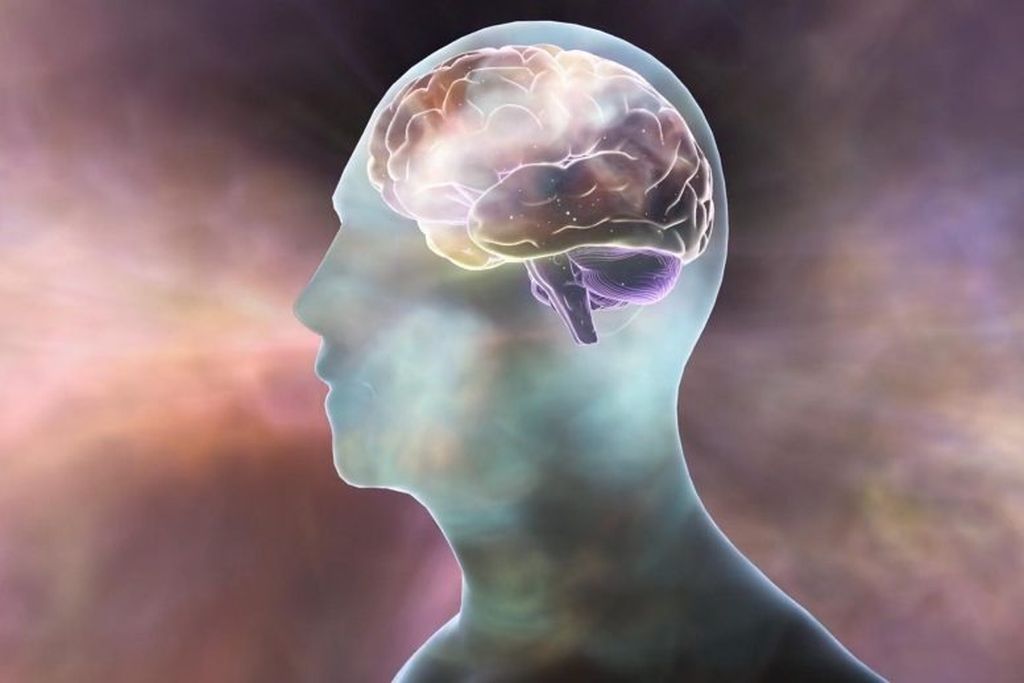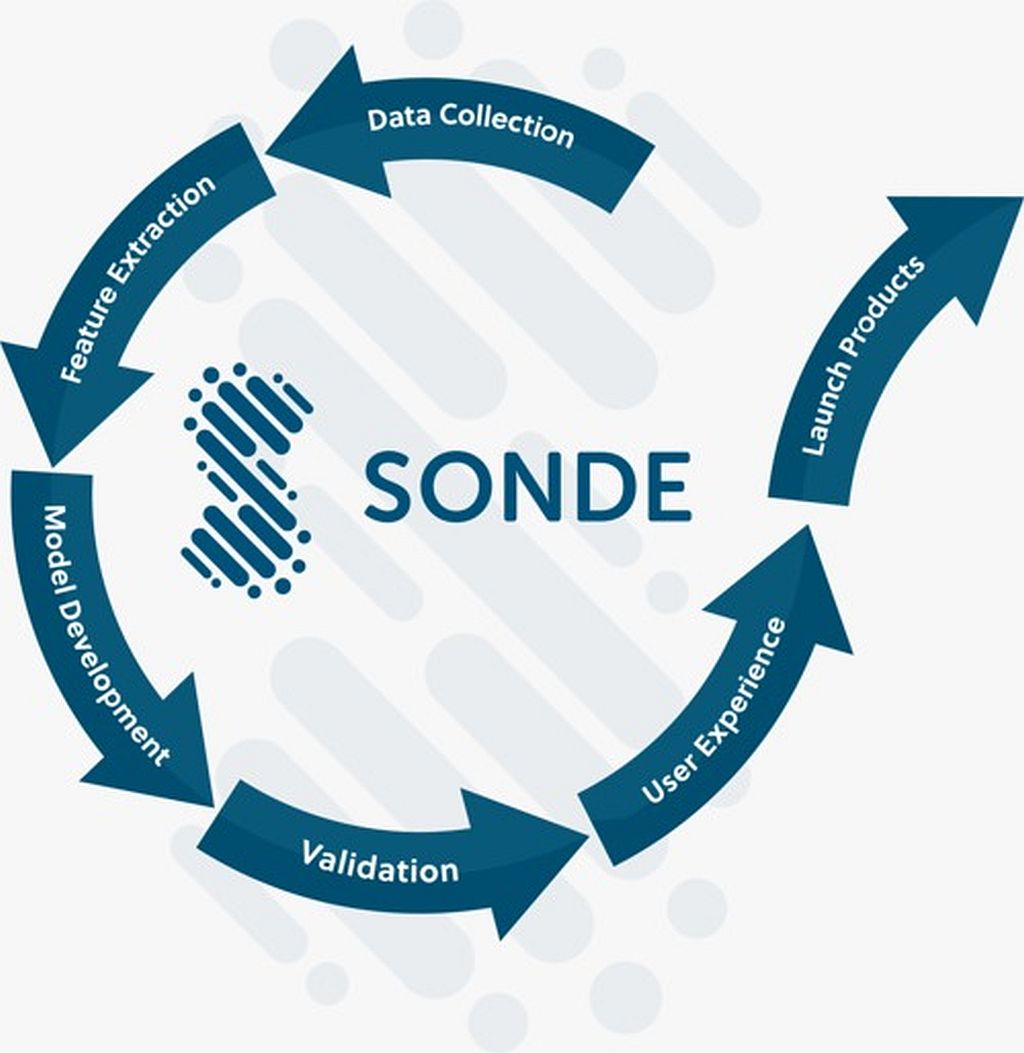Sign up for our monthly newsletter!
Get the latest information and inspirational stories for caregivers, delivered directly to your inbox.
Rewiring the Brain: Scientists Reverse Meth and PCP’s Cognitive Effects
SciTechDaily

Sustained drug abuse can have many long-lasting effects, including memory loss and reduced cognitive functions, which can persist for years. Now, neurobiologists at the University of California San Diego have identified a reversible, shared mechanism in the brain by which drugs of different classes generate cognitive impairments. They investigated how methamphetamine and phencyclidine (PCP or “angel dust”), which take effect by activating different targets in the brain, induce a similar reduction in cognitive ability.
See full story at SciTechDaily




